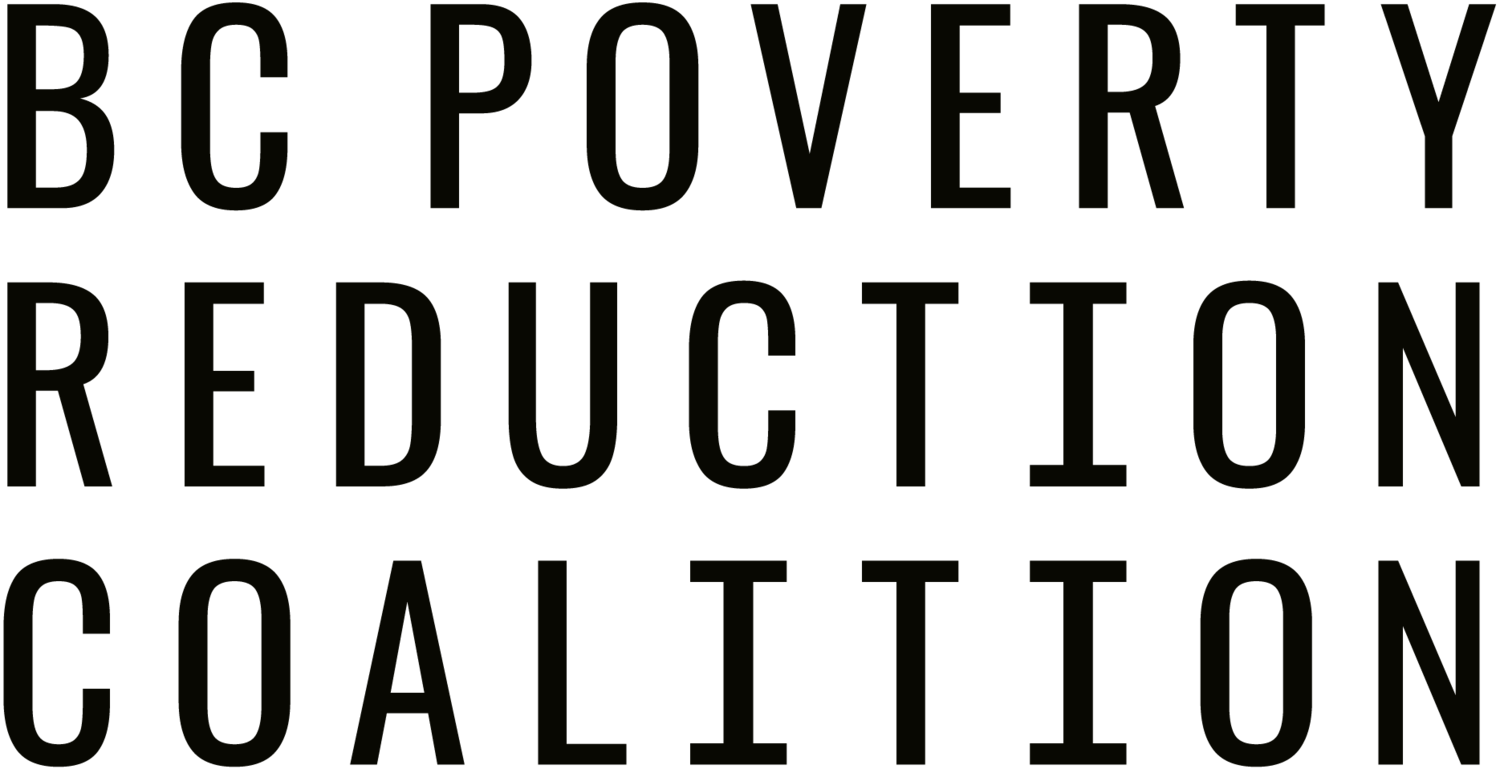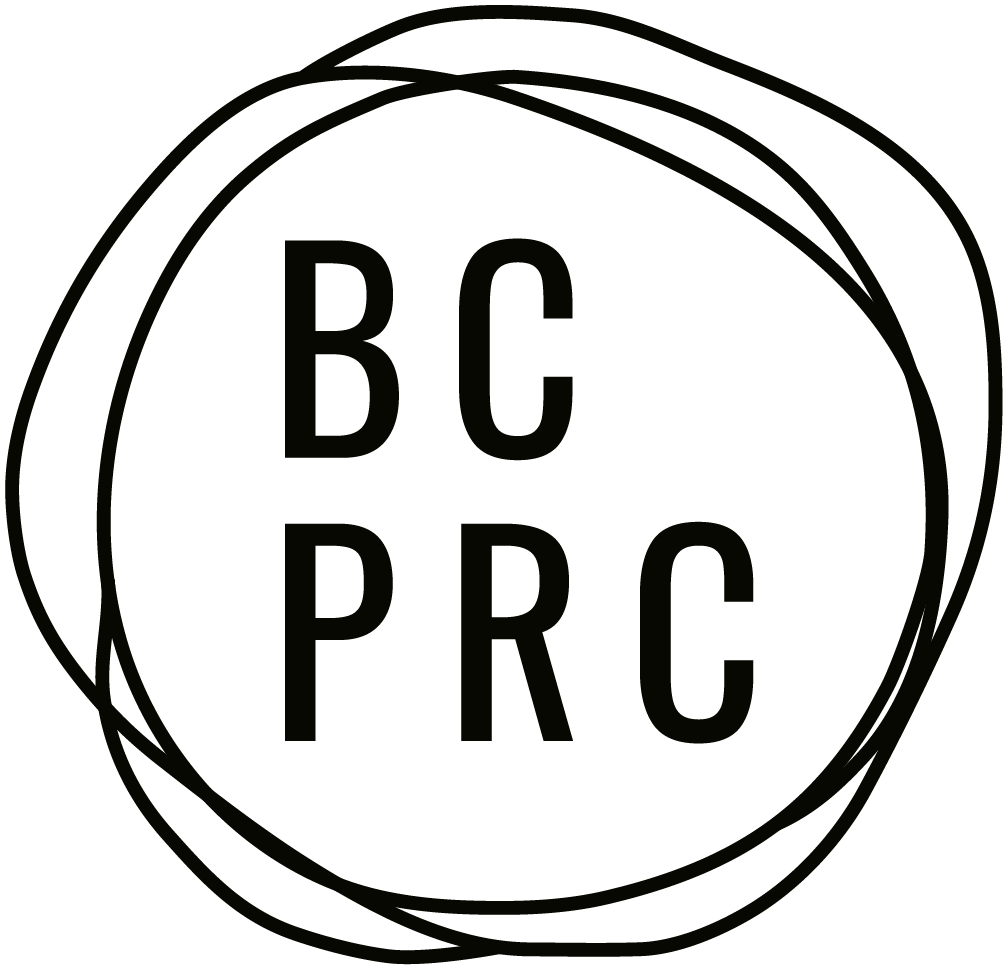Black History and Black Future Month
From Displacement to Housing Justice
A Conversation on Black Housing Justice in Metro Vancouver By Lama Mugabo
Have you ever wondered why Black history was relegated to the shortest month of the year?
When I first investigated this question, I learned that February became the obvious choice because it was the birthday of President Abraham Lincoln and Abolitionist and Social Reformer Frederick Douglas. In 1926, Dr. Carter Woodson designated a time to promote and educate people about Black History and culture. Today, Black History Month is observed in the United States of America, Canada and Great Britain.
In Metro Vancouver, we wanted to engage the audience in understanding the history and learning about the work being done in the community to build a better future. BC Poverty Reduction Coalition's Community Action Network (CAN) partnered with Douglas College's Changing the Conversation Project to host a conversation on housing precarity for the African Diaspora in Metro Vancouver.
The event attracted many people who came to learn and talk about housing precarity in the Black communities across Metro Vancouver. Several people, including the mayor, city councillors and residents across Metro Vancouver, attended the event.
The displacement of Hogan's Alley
In 1858, British Columbia had a Black Governor. Sir James Douglas invited 600 lack families from San Francisco to settle in British Columbia. They settled in Victoria and Salt Spring Island, and by the early 1900s, Canadian Pacific Railway began to hire Black men to work as sleeping car porters. The job allowed them to travel and earn a living, but they were all called "George." They faced employment insecurity. Unable to join the union because of the colour of their skin, they formed the Brotherhood of Sleeping Car Porters.
Between 1919 – 1972 Hogan's Alley was known as Black Strathcona. It was destroyed by the City of Vancouver when the city built the Georgia and Dunsmuir viaducts. The Black community lost its core.
The audience learned about the remarkable work of community builders, like Jimi Hendrix's grandmother Nora Hendrix, choir singer, a cook, and a community organizer. She was the brain behind the community purchasing the Fountain Chapel on Jackson and Prior. Leonard Lane spent his life working to improve the living conditions of his people. When financial institutions refused to register Black consumers as clients, Lane helped create the BC Unity Credit Union in 1959. In 1971 BCUCU merged with Vancity. Leonard Lane served as treasurer for eight years. He passed away in 2016 at age 94.
In 2022, the City of Vancouver signed a Memorandum of Understanding with Hogan's Alley Society. The MOU allows Hogan's Alley Society to lease the land for 99 years, renewable. The MOU was the green light the society was waiting for to begin implementing the revitalization process.
Through community land trust, HAS will not sell any asset to the highest bidder; instead, it will invest every penny it earns into HAS estate to ensure businesses that operate on the block thrive.
Between 2018 Hogan's Alley Society board has engaged three levels of government to redress the historical injustice. Yesterday forces that displaced the Black community saw the opportunity to contribute to building a better tomorrow. Last year, the City of Vancouver signed the Memorandum of Understanding with Hogan's Alley Society offering a 99-year lease to the society to revitalize the block. BC Housing has supported HAS through instruments like the Temporarily Modular Housing project and other financial supports. CMHC - Canada's Mortgage and Housing Corporation is currently funding Hogan's Alley Society's Housing Solutions Lab. The solution lab will be the foundation for the society's ability to build housing that addresses the needs of people of African descent in Metro Vancouver.
Housing Justice in New Westminster
From the history of displacement by the City of Vancouver's urban renewal policy forty years ago, we turned our attention to learning about a one-of-a-kind housing development project in New Westminster. To be managed by Luma Housing Society and Swahili Vision International, this project will also use the community land trust model to implement the project.
To learn more about this project, we invited panellists to discuss the idea and its potential benefits to First Nation and Swahili communities in New Westminster.
We assembled a panel to lead our conversation on housing justice in New Westminster. Kent Patenaude, President of Lu'ma Native Housing Society. Jean Claude Bakundukize, Treasurer of Swahili Vision International. Lynn Roxburgh, Supervisor of Land Use Policy Planning at the City of New Westminster and Margaret Wanyolike, Poverty Reduction Coalition Community Action Network Leader and a resident of New Westminster.
In today's housing market, a landowner rarely makes the land available to build housing that accommodates First Nation and Swahili residents. And progressive projects like this would have typically drawn pushback from not-in-my-backyard residents. Weeks before the public hearing, there was quite a well-coordinated campaign against the project with signs, letters, presentations, a website, and a petition with about 1,300 signatures. It is essential to point out that the Covid 19 pandemic saved the project. The online format of the public hearing made it less intense than if it was in person. The council approved the project unanimously, and the online design of the public hearing helped keep the discussion primarily civil despite opposition in the community.
According to Luma's President, the Aboriginal Land Trust Sixth Street Housing Project offers an opportunity to meet the needs of two communities most affected by the current housing crisis in the province. He told us that Luma Housing Society was pleased to participate in this timely project. Located at 823-841 Sixth Street in New Westminster, "The building will include 96 affordable rental units composed of one-bedroom, two-bedroom, and three-bedroom apartments for the Indigenous and Swahili communities in the area", said Pateneau.
Jean Claude Bakundukize was delighted at the opportunity to provide a solution to the needs of his people. As a person of African descent looking for a rental unit with an expanding family of six and soon-to-be seven, finding a place is more dramatic than needed. I cannot wait to see this project come to fruition".
Margaret spoke about anti-Black racism and bullying at her son's middle school. The boy was so traumatized that he considered dropping out for good. When the school principal refused to act, Margaret told the principal that she would take the story to the media and organize a demonstration outside her office until she changed her mind. "The resolve to fight the system came from training I received from Community Action Network in New Westminster." She is pleased to have resolved the problem. Her son and other racialized kids know their rights, the school has hired a Black school counsellor, and things look much better.
Someone in the audience observed that "Anti-black racism was perhaps the worst case of racism. Black people don't only get it from non-blacks. The impact of white supremacy has caused the world to despise Black people to the extent that we do it to ourselves, in terms of colorism that privileges those with light skin complexion".
The conversation was candid as the community residents spoke about how government services staff like BC Housing and Min of Social Development and Poverty Reduction use openly racist remarks to African new immigrants who seek government service support. Listening to their testimonies is a reminder that we still have a long way to go to achieve inclusion, equity and diversity.
This conversation on housing precarity helped shed some light on the history of Black people in BC, their legacy, and the ongoing work of building community through a partnership with like-minded organizations and allies. For the past four years, PRC's Community Action Network has built a strong partnership with the City of New Westminster. Poverty Reduction Coalition implements a leadership program that trains residents with lived experience in poverty to serve on various committees that shape policies that alleviates poverty.
Working collaboratively with Douglas College Changing Conversation has been very fruitful; we look to continue engaging audiences in similar conversations that expand our horizons and make New Westminster a liveable place.
----------------
Lama Mugabo is a founding director of Hogan’s Alley. He presently serves as Community Action Network Campaign Manager with BC Poverty Reduction Coalition.





